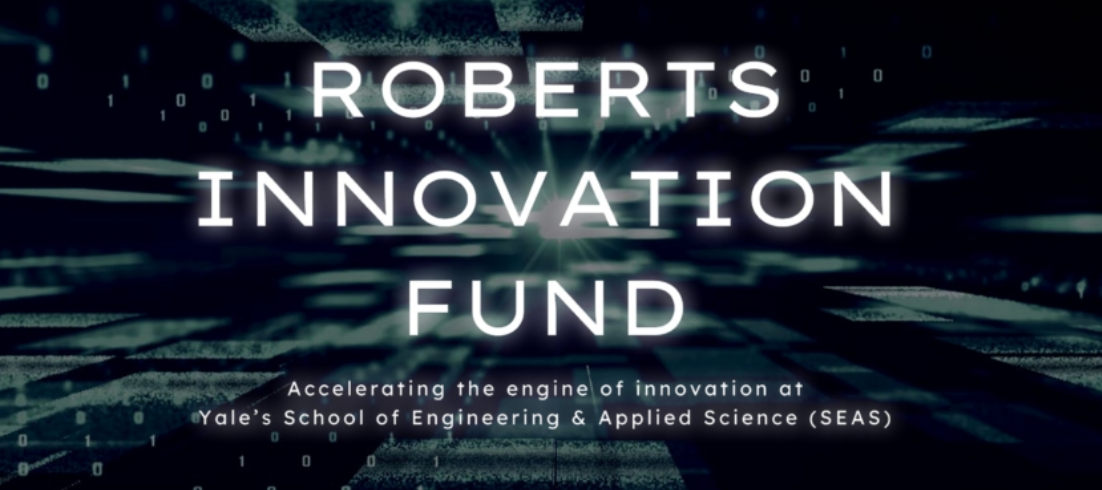Entrepreneurship at Yale School of Engineering & Applied Science

The following is an excerpt from Yale Engineering 2022-2023 reprinted with permission from Yale School of Engineering & Applied Science (SEAS).
From blockchain security to revolutionary single-cell analysis, research at the School of Engineering & Applied Science (SEAS) has generated several very successful faculty-led startups, applying the breakthroughs from their labs to make real-world impact.
Now, the School is taking further steps to foster more entrepreneurship and create a culture where researchers are not only conducting important work—as they always have—but also looking toward how it can be deployed for maximum effect. This includes providing the infrastructure and resources to help faculty-led start-up companies get up and running.
“Nothing we do will get in the way of our core mission of research at Yale, but it's not always the case that research should remain in the lab,” said SEAS Dean Jeffrey Brock. “We're trying to make sure that if we have something that could have an application outside the lab that we give it the right kind of rails to get it out of the lab.”
Among other efforts, SEAS has recently established the Roberts Innovation Fund, a new initiative underway to accelerate the SEAS engine of innovation, bolstering the process that gets groundbreaking faculty discoveries to market. Thanks to a generous gift from Yale alumnus Will Roberts ’90, the Roberts Innovation Fund will provide grant funding, mentoring, and business training to assist in the commercialization of breakthrough inventions that solve real-world problems with the greatest impact. The fund, overseen by the SEAS Dean's Office, will also provide participants with valuable feedback from the fund's director and from an external advisory board composed of industry veterans with a wealth of expertise in technology ventures.
“Faculty will receive written support on everything from financial modeling, competitive analysis, landscape mapping, market research, to helping with communications and really understanding where the biggest problems and opportunities are,” said Claudia Reuter, the director of the Roberts Innovation Fund at Yale Ventures, “Our hope is that we'll help bring all the amazing things going on at Engineering at Yale to life in the biggest and most impactful way we can.”
Grants of up to $150,000 will be awarded to those selected. The money, though, is only part of the Innovation Fund.
“I would say the bigger piece of it is that we have an amazing team at Yale Ventures that will help our faculty in the process of understanding and developing the model for whatever business they're envisioning,” Brock said. “That team is really the key because, as a faculty member, you don't arrive on campus with the training on how to do this.”
“We want the Innovation Fund to encourage ambitious thinking, and to provide the infrastructure and resources to create a robust pipeline of start-up companies and partnerships with industry,” Brock said. “We have no shortage of great ideas; we just want to make the process of commercializing those ideas faster, better informed, and more targeted to where these innovations will have the most impact.”
To read the full article, visit Yale Engineering 2022-2023.
